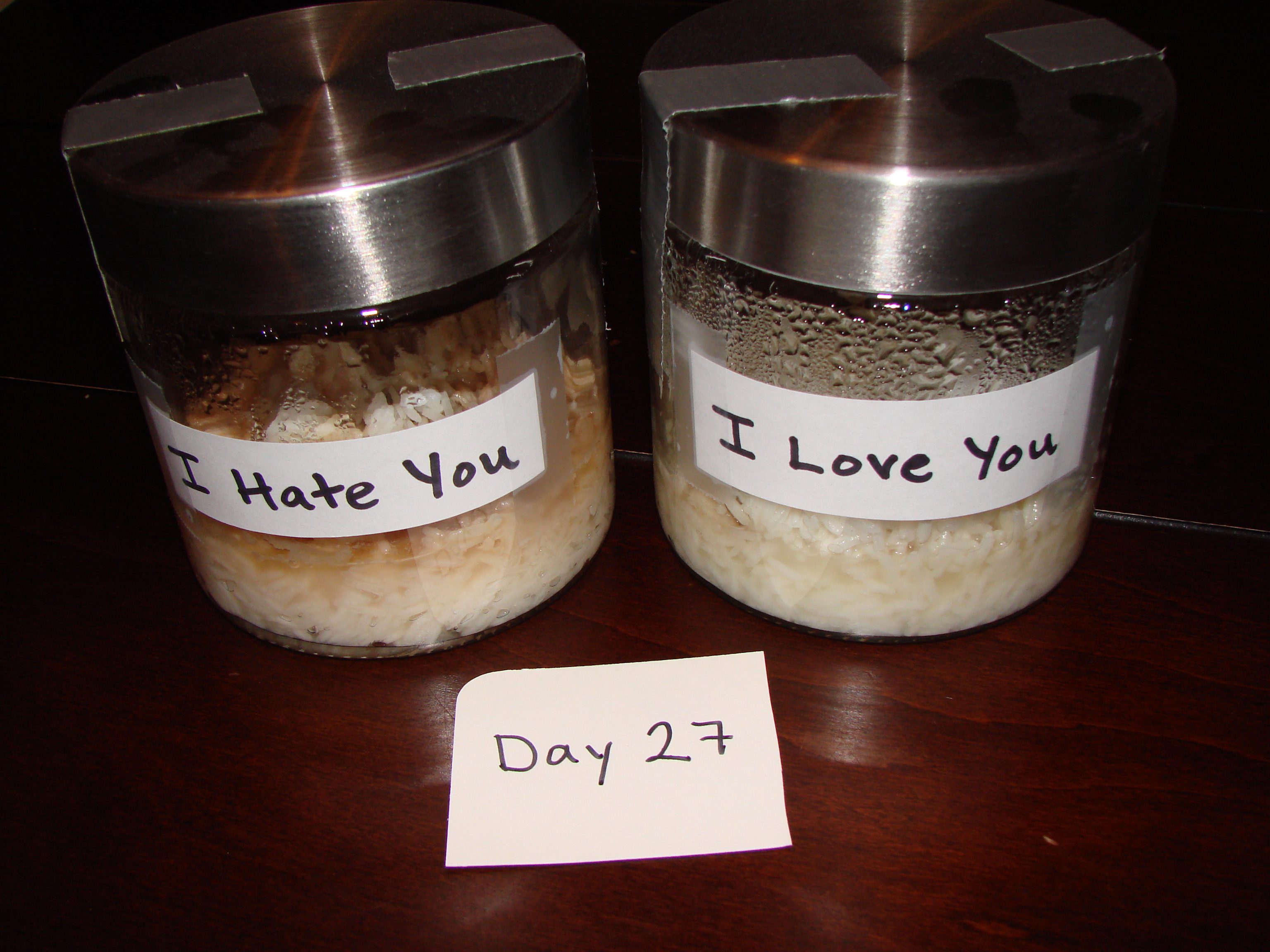“What if I just pretend we have the best marriage ever?” I asked my husband one day. We’ve had our ups and downs, but it was a most serious question.
And then I had this weird realization that we might already be, but we were pretending that we didn’t. Like maybe we were letting silly human challenges (like growth, learning, and parenting) take the focus instead of a great marriage that’s waiting to bloom.
What could it hurt to think in a different way?
I was DONE with fighting over stupid stuff. I was DONE with feeling like the man who was supposed to be my partner didn’t even like me. And I was DONE with feeling like a complete failure. I was DONE with looking with regret at my wedding ring.
I’m typing now with a smile as I remember when I ended up secretly experimenting with this. I was close to giving up hope, but I was SURE there must be a way to love this seemingly difficult man. There HAD to be because we made this sweet little baby together, and I was determined to stay together! Assuming we could somehow transform our marriage into one I enjoyed.
My Secret Marriage Experiment
My secret experiment was founded on the hope that I could act “as if” our marriage was amazing until reality changed. So I pretended our marriage was already there. (One that’s strong, loving, faithful, quite pleasant, and dare I say even delicious. With two equals happily cohabitating and sharing life. Who would renew those vows any day of the year.)
Many times a day, I asked myself, “What would I do if we had the best marriage ever?”
I asked myself before he came home from work to greet him. This was a stretch for me. I’d stop working before he arrived, freshen up a bit, and greet him with a yummy kiss and my full attention.
I asked myself when planning dinner. I’d think about us both, what he loved AND what I loved.
Also, I asked myself when deciding if I wanted sex. And what that would look like.
I asked myself when deciding what to tell him. Did I really need to vent to him about anything? Nope. Did it really matter if he put the toilet lid down? Not really. Did it really matter if he left a mess in the kitchen? Nah. It turns out not that much really matters in the day-to-day stuff.
I will never forget how surprised he looked when I was happy to see him.
I will never forget how many times he apologized for being a “back seat driver” because he was scared it would annoy me. Then the surprise that I never got annoyed. (Not anymore, not in “the best marriage ever”! I just smiled and adjusted my driving per his requests. Slowed down. Then sped up. It then slowed down. Then sped up. I’m not even joking. I just shrugged and went with it. Because, really, who cares?)
I will never forget how the spot between his eyebrows suddenly softened, and so did the way he looked at me.
I will never forget how it felt to suddenly fantasize about my husband again.
The results from my secret experiment are in, and I can only laugh. This is better than I ever could have hoped for.
It took exactly one day to move from nearly ready to divorce, to feeling like we might just be building the best marriage ever.
That’s what I hoped for when I married him. I just didn’t know it could be so simple.
Also, I didn’t know that there was a particular way to make it happen or that I needed to take 100% responsibility in our two-person marriage. I want to share with you exactly what is making this one-day experiment a long-term success. Not because I know how to make your relationship better, but because I am seeing a pattern here that I can’t deny. I’m a bit startled at how simple this might be.
CONDUCT YOUR OWN MARRIAGE EXPERIMENT!
These are the pieces that I see now were key in this and in pretty much everything else I’ve ever really wanted.
1. How IMPORTANT is this to you?
If what’s happening now is not in alignment with your desire for life, what’s the potential difference in making the effort to effect change?
2. Get crystal CLARITY
That is, about exactly what it is you’re hoping to resolve or do as a result of your experiment.
3. Move forward under the full and gutsy ASSUMPTION that you can have whatever you want.
And then act like you already do.
4. Practice PERSEVERANCE
Start by committing yourself full-on for whatever period of time you think is worth it. (This won’t stick for me either if I don’t keep it up!)
5. Finally, RELEASE attachment
Get rid of old emotional attachments, and know that however it works out can be for your highest good.
This isn’t just some story I wanted to share with you. I realize now that this can apply to nearly anything in life. We are the ones choosing our beliefs and actions!
Do you want to be an amazing mom? Let THAT be the barometer for how you make parenting choices. You want to have a thriving business? Let THAT be the barometer for how you spend your working hours. You want to feel good in your skin? Let THAT be the barometer for what is worthy of your attention, plate, and activity. ETC.
I cannot stress this enough… If this resonates… If you’re having a challenge… Why not try it out for yourself? You have nothing to lose, but you know what you have to gain!

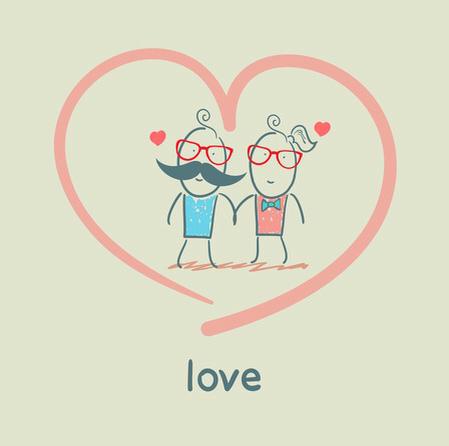
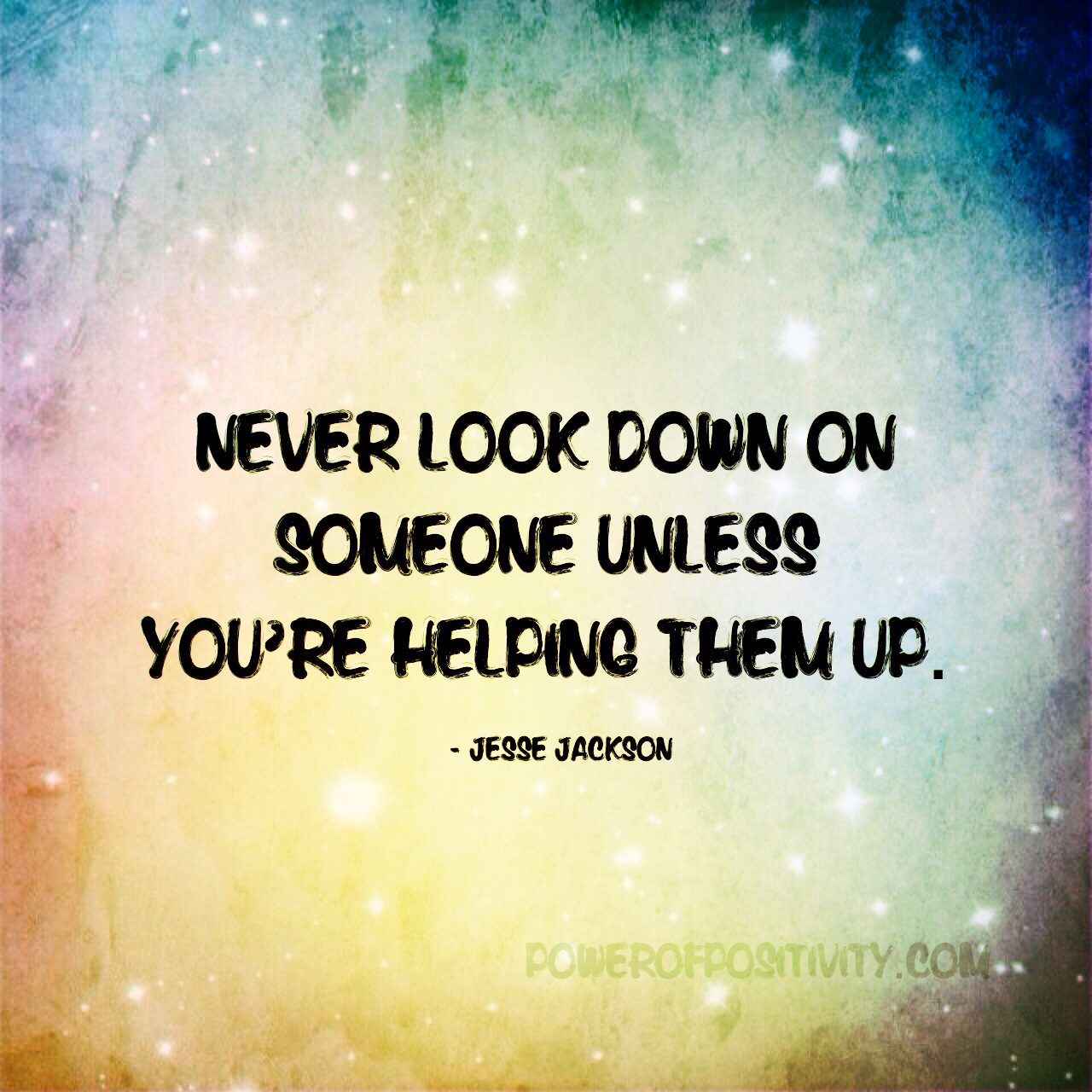


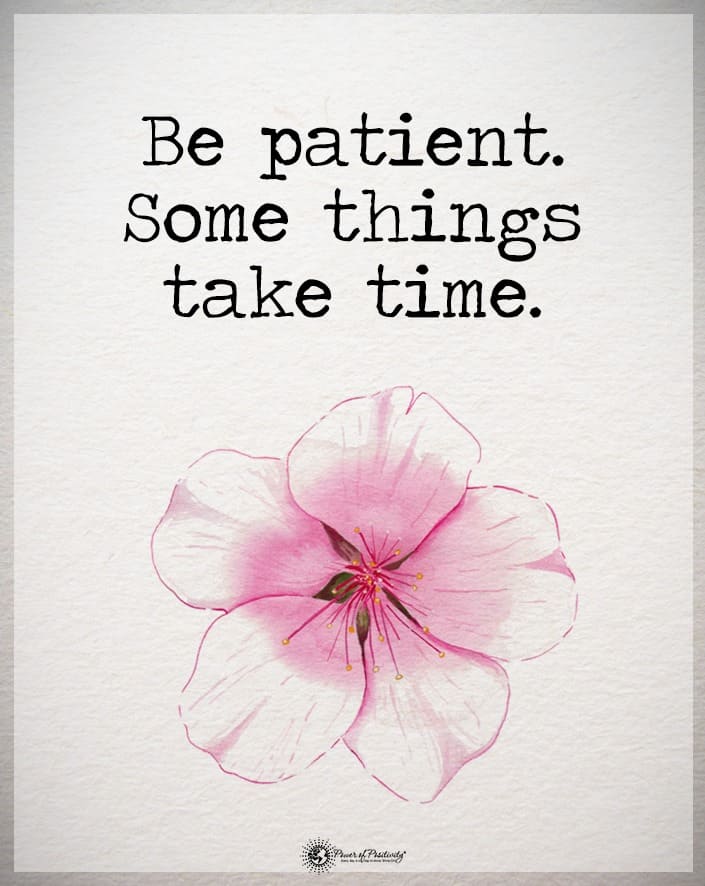
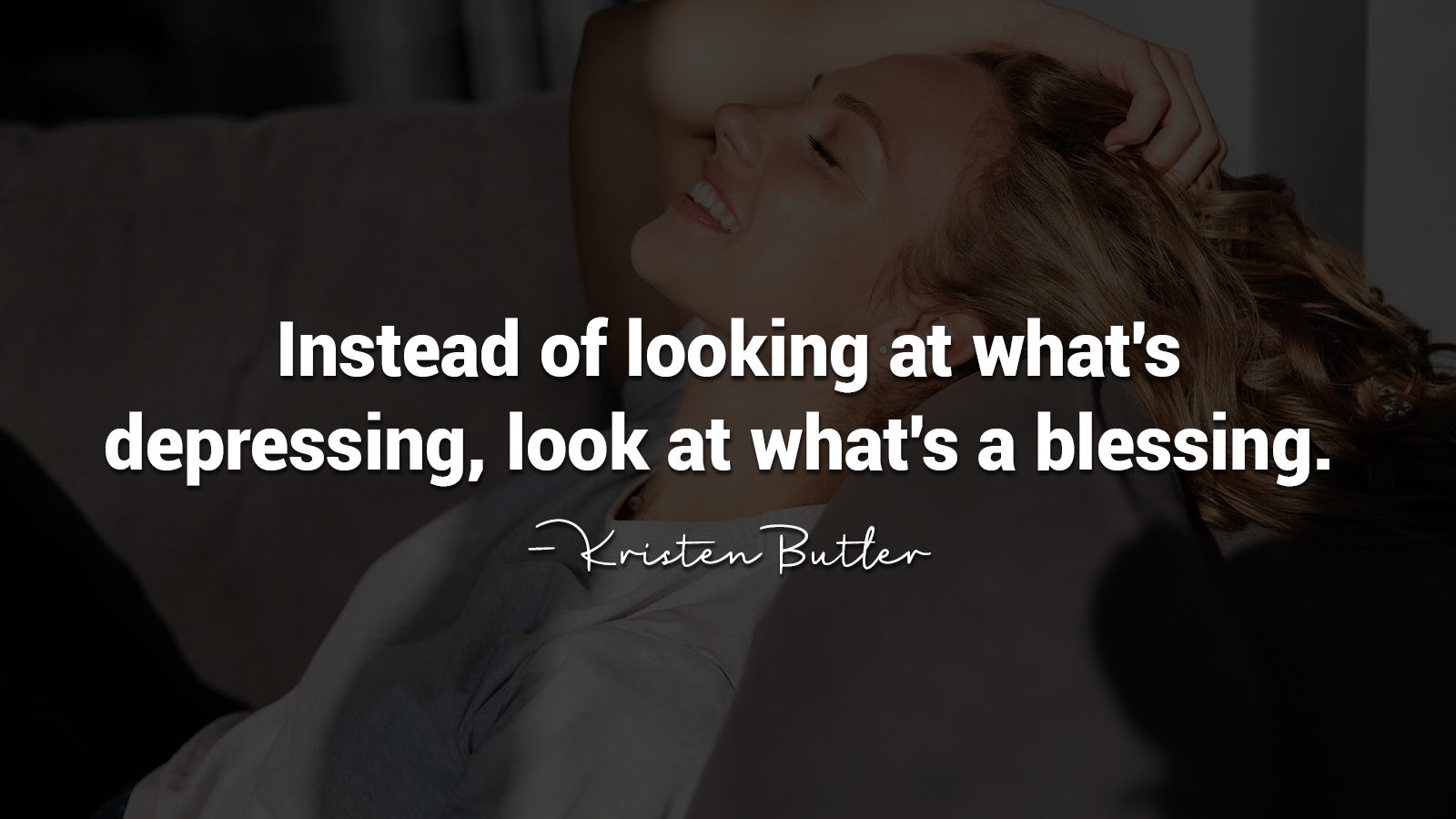

 His experiments included the difference in the
His experiments included the difference in the 